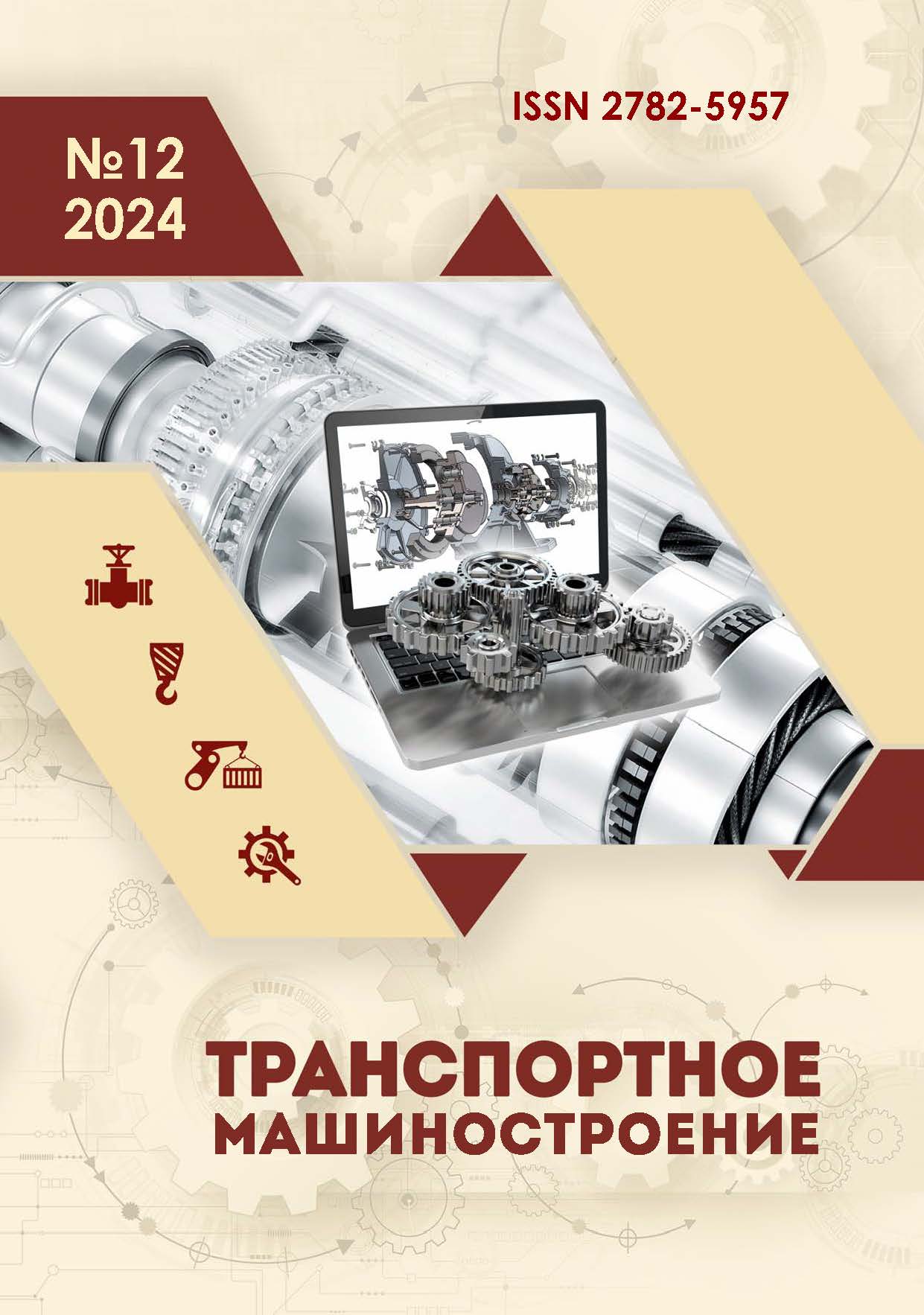employee
Moscow, Moscow, Russian Federation
employee
Moscow, Moscow, Russian Federation
employee
Moscow, Moscow, Russian Federation
Russian Library and Bibliographic Classification 392
Improvement of maintenance and repair of passenger rolling stock, taking into account the introduction of its new types and models, is always relevant. Ensuring the effective use of complex engineering structures, which include the passenger car, is most appropriately carried out by monitoring its actual technical condition and changing the operation of the element base, which is achieved by using remote diagnostic equipment, which functionality includes transmitting information from the corresponding node to the microprocessor control unit, transforming the received digital codes in indicative information messages, displaying possible technical malfunctions on the panel. It is necessary to state the fact that passenger cars manufactured at the end of the 20th, beginning of the 21st century were not equipped with technical diagnostic systems and, given their short remaining service life, it is currently economically inexpedient to equip them with these systems, which leads to the need to find other solutions for monitoring and analyzing the operability of their systems. The study objective is to develop a technique for the rapid transmission of data on technical malfunctions of passenger car elements occurring along the route, taking measures to eliminate them, as well as systematization of the statistical data obtained on failures of service equipment, its analysis and subsequent development of solutions to improve quality and maintain a high level of comfort when traveling on passenger trains.
car, system, failure, analysis, service equipment, digital twin
1. Knyagin VN. Digital transformation: business models and market players. Moscow: Skolkovo; 2019.
2. GOST R 27.303-2021 Failure modes and effects analysis. Moscow: Russian Institute of Standardization; 2021.
3. Lakin IK, Abolmasov AA. Automated management of the life cycle of locomotives at the stage of their operation. Proceedings of International Scientific and Practical Conference, 2016: Prospects for the Development of Service Maintenance of Locomotives; Russian University of Transport (MIIT). Moscow, 2018.
4. Lakin IK, Semenov AP. Use of the "digital twin" technology in controlling the repair of locomotives. Modern Technologies. System Analysis. Modeling. 2019;63(3):89-98.
5. Shinkaruk AS, Filipenko KG, Baryshnikov AV. Certificate of registration of the computer program No. 2023680679. The system of collecting and processing reports of employees of the railway transport complex. FPKRB Report. 2023 Oct 04.
6. Order of JSC "FPC" No. 947/r On approval of the regulation on accounting, examination and analysis of failures in the operation of equipment, assemblies and parts of passenger cars that led to a violation of the comfortable conditions of passenger travel in the cars of JSC "FPC". Moscow: JSC "FPC"; 2023.
7. Kurganova NV, Filin MA, Chernyaev DS. Introduction of digital technologies as one of the key directions of digitalization of production. International Journal of Open International-al Technologies. 2019;5:105-109.
8. Order of JSC "FPC" No. 573r On approval of the development and implementation of corrective and preventive measures in JSC "FPC". Moscow: JSC "FPC"; 2022.
9. Shinkaruk AS. The model of transition to the optimal repair structure as a stage of integration into the system of "digital repair" of a passenger car at the operational stage of the life cycle. International Scientific Research Journal [Internet]. 2024;5(143) [cited 2024 May 17]. Available from: https://research-journal.org/archive/5-143-2024-may/10.60797/IRJ.2024. 143.142. DOI:https://doi.org/10.60797/IRJ.2024.143.142.
10. Industry 4.0: developing a digital enterprise [Internet]. Pricewaterhouse Coopers Consulting. 2016. Available from: www.pwc.com/industry40.






